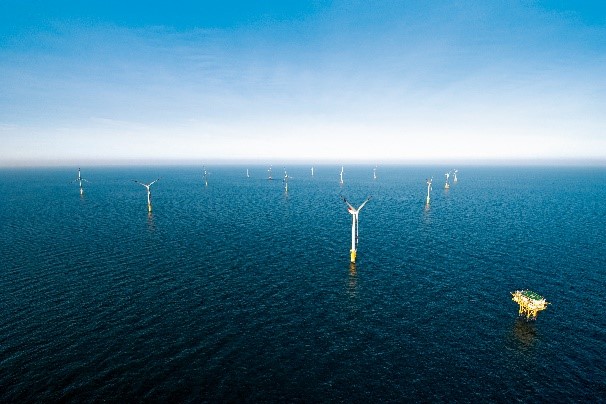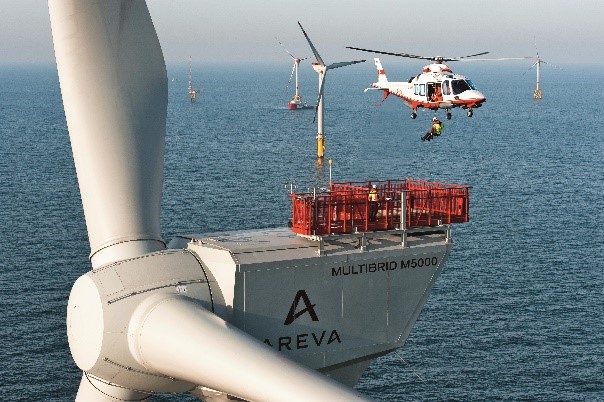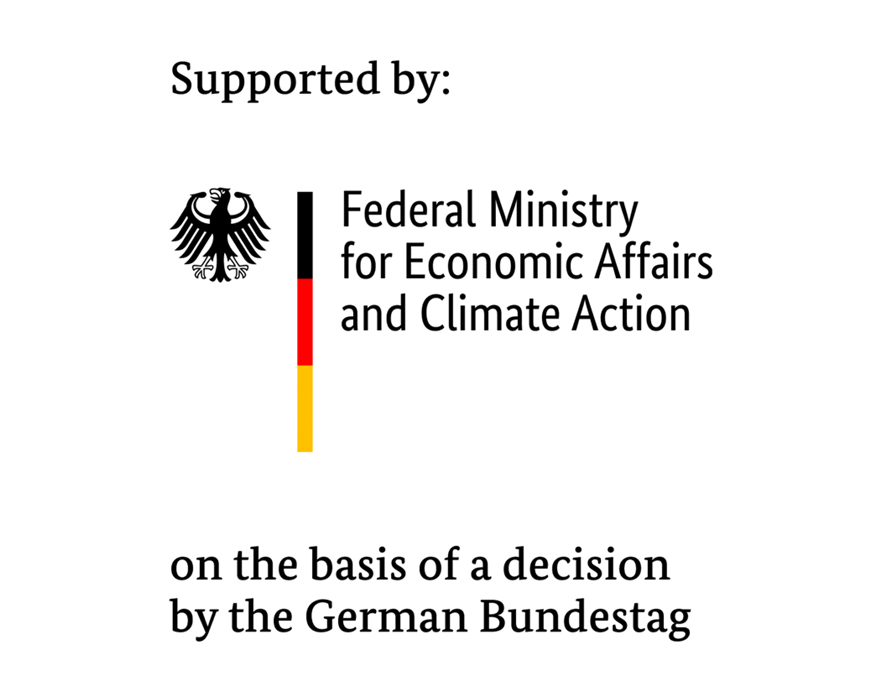10 Years of Research at Germany’s First Offshore Wind Farm alpha ventus
The accompanying research initiative RAVE has been collecting measurements at the wind farm with a comprehensive range of measuring technology and working on a variety of research projects investigating important aspects of wind energy.
Germany’s first offshore wind farm alpha ventus was inaugurated in spring 2010. Since then, it operates not only as a commercial find warm, but also functions as a research platform for the further development of the offshore wind energy sector. The accompanying research initiative RAVE (Research at alpha ventus) has been collecting measurements at the wind farm with a comprehensive range of measuring technology and working on a wide variety of research projects investigating important aspects of wind energy ever since it opened. After 10 years, the results are uniformly positive: The research and development has helped to make German offshore wind farms with approximately 7,500 MW rated power a reality in German waters today. The unique dataset compiled in RAVE has now been included in a database run by the Federal Maritime and Hydrographic Agency (BSH) and is available to all the researchers helping to drive forward the offshore wind energy sector.
Offshore wind energy is now one of the most important pillars in the energy transition and research & development remains very important. “Whereas 10 years ago the major concern was whether offshore wind energy was even a viable option in Germany, we are now focusing on optimizing the technology and cutting costs even further,” says Bernhard Lange, Division Director for Wind Farm Development at the Fraunhofer IWES and Coordinator of RAVE.
The data collected at the alpha ventus wind farm are ideal for this type of questions as they now span an operating period of 10 years. However, it is not merely the duration of the time series but also the scope of the measurements which make the data so unique: At times, there were more than 1,200 measuring channels operating simultaneously, generating more than 30 TB of data. The measurement campaigns in RAVE are ongoing, meaning the data pool will also continue to expand.
All the measurements are stored in the RAVE research archive operated by the Federal Maritime and Hydrographic Agency (BSH). Researchers can download the RAVE data that they require for their research from this archive. “As the archive is operated by a federal authority, data management and access to the data will also be guaranteed far into the future,” says Kai Herklotz, Head of the Mobile and Stationary Measurements Section and Project Manager at BSH.
For them to be able to use the data, users must first register and sign a data usage agreement. This agreement regulates, for example, the confidentiality of the data and the research findings. Users are permitted to use these data for research purposes. Additional information regarding the data and how interested parties may access it can be found at: https://www.rave-offshore.de/en/.
____
Contacts
Dr. Bernhard Lange
Fraunhofer Institute for Wind Energy Systems IWES
Am Seedeich 45, 27572 Bremerhaven, Germany
Tel.: +49 (0)471 14290-350,
E-mail: bernhard.lange@iwes.fraunhofer.de
www.iwes.fraunhofer.de/en
Kai Herklotz
Federal Maritime and Hydrographic Agency (BSH)
Bernhard-Nocht-Str. 78, 20359 Hamburg, Germany
Tel.: +49 (0)40 31903230
E-mail: kai.herklotz@bsh.de
www.bsh.de/EN
Federal Maritime and Hydrographic Agency of Germany (BSH)
The Federal Maritime and Hydrographic Agency of Germany (BSH) is the central maritime authority in Germany. Here, some 850 people from around 100 different professions focus on issues relating to maritime navigation, oceanography, nautical hydrography, offshore wind energy, and administration. The agency maintains a fleet of five measurement, wreck search, and research vessels, which operates in Germany’s Exclusive Economic Zone of the North and Baltic Seas. The BSH is active internationally in more than 12 organizations and is involved in around 200 associated committees, including those focusing on the development of international agreements. The BSH is a higher federal authority and departmental research institute within the Federal Ministry of Transport and Digital Infrastructure and is based in Hamburg and Rostock.
Fraunhofer IWES
The Fraunhofer IWES ensures investments in technological developments in the field of wind energy through its validation services. By operating large test rigs, it accelerates the market introduction of innovative products, enhances certification processes and increases planning security by using state-of-the-art measurement techniques. Fraunhofer IWES employs around 220 scientists and administrative staff and more than 80 students at five sites: Bremerhaven, Hanover, Bremen, Hamburg, and Oldenburg.
Last modified:


